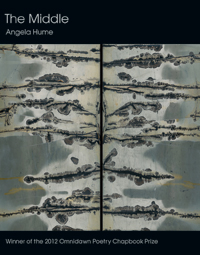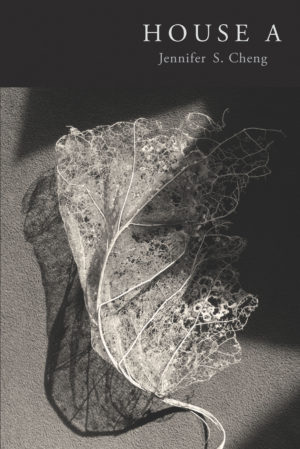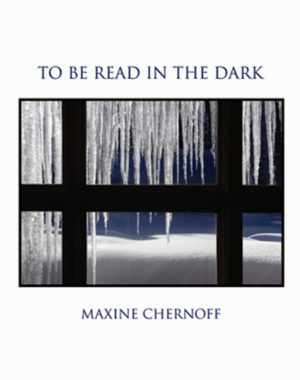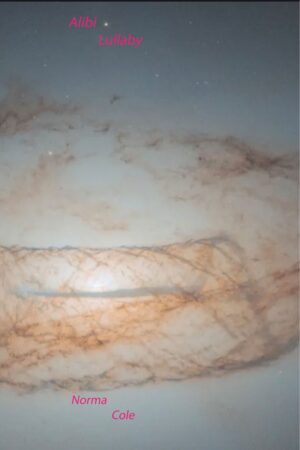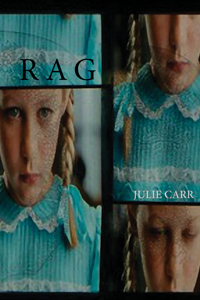Description
Winner of the 2012 Omnidawn Chapbook Poetry Prize
The Middle is beautiful and powerful—Angela Hume’s line breaks are beautiful and powerful—her pages are beautiful and powerful—and all that grace animates calm outrage, ghostlier awareness (“private like a thought / for a wrist, of a thigh”), keener sounds (“try looking away try looking away try looking away try looking away try looking away try”)—keener ethics, too (first / demarcate // an aesthetics of / / injury”)—the body is ghost—polis is eyes but police is eyes too—and polis is police (“state of pacifi / cation state of // damage state of / destroy-all-ex // cess body state of little / to no // speech / ill / state // police / state”)—we have to have political poetry—we can’t be human otherwise—and what holds here is a new Objectivism—a clarity made actual in a construct of words (“(inhabit that / incision // in such a way that can’t be used”)—this clarity holds against and in the violence that surrounds us (Benjamin: “something rotten in law is revealed”)—Angela Hume is a necessary poet.
Joseph Lease, Judge of the 2012 Omnidawn Poetry Chapbook Prize
About the Author
Reviews
Excerpt
Angela Hume lives in Oakland. She is the author of the chapbook Second Story of Your Body (Portable Press at Yo-Yo Labs, 2011). Poems are forthcoming or have appeared in such journals as Little Red Leaves, Mrs. Maybe, RealPoetik, eccolinguistics, Zoland Poetry, and Spinning Jenny. Critical work appears or will appear in ISLE: Interdisciplinary Studies in Literature and Environment, Evental Aesthetics, Jacket2, The Volta, and ecopoetics. Angela holds an MFA from St. Mary’s College of California and is currently working toward a PhD in English at University of California, Davis. Her critical project examines the transformation of lyric poetry under the environmental crisis conditions of the 20th and 21st centuries.
Does it all come back, dear (r), to the poetic line as an imaginary object penetrating nothing, drawing on everything, drawing a possible world on the page? Hume’s fractured, fragmented, and fractal poetics always strike me as a meditation on what can’t be said, a mapping out of absence.
If, decades after our extinction, shreds of the documents that recorded what would eventually cause all our deaths survived, these texts might look like the fragments of Angela Hume’s The Middle. In this way, the book becomes both prophetic and deeply enmeshed in the present, as perhaps all true prophecies must be.
from fragments (two)
—
private like a thought
for a wrist of a thigh
clot or block
crowded out
a fist
…
((in the event of an emergency
there will be
((in the lungs and throat
dinning
…
first
demarcate
an aesthetics of
injury
…
((touch me there
please
…
first
ask a name for
this disease
…
the truth that nature
means in me
…
((grown thick, thick
with we
no one ever touches us … create no value

